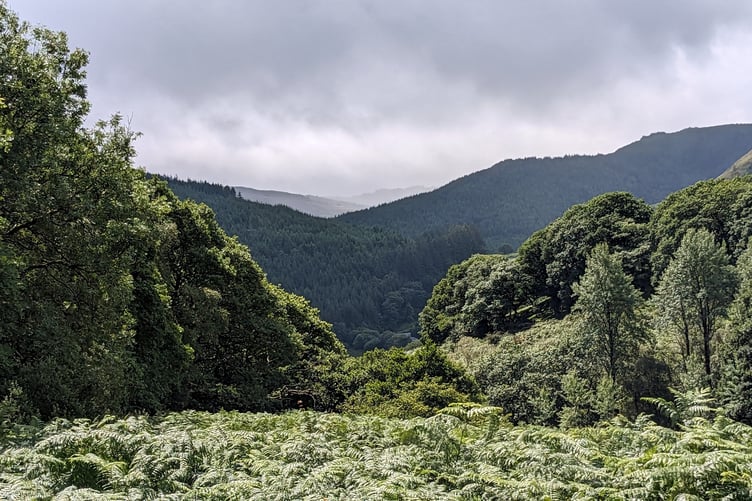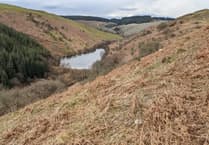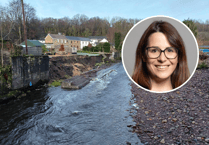One of the best remaining freshwater landscapes in Britain will receive more protection, thanks to a new project led by wildlife conservation charity Freshwater Habitats Trust.
The Irfon catchment in Mid Wales is the focus for the initiative, which is funded by the Nature Networks Programme, delivered by the Heritage Fund, on behalf of the Welsh Government.
Running until 2026, the River Irfon Catchment project will enhance freshwater habitats for wildlife in the River Irfon, its tributaries and floodplains. Working with local landowners, Freshwater Habitats Trust will reduce pollution, protect and create wetland habitats to increase the range of freshwater plant and animals in the catchment, which stretches from Abergwesyn to Builth Wells.
The project will focus on protecting wetland Sites of Special Scientific Interest (SSSIs) in the River Irfon catchment. Freshwater Habitats Trust will work with Natural Resources Wales to identify sites that could be improved through management.
Freshwater Habitats Trust will create three new floodplain wetland mosaic habitats, building a network of ponds and pools on historic floodplains. The charity will also establish 20 new priority ponds in the catchment. Priority ponds are recognised nationally for having particularly high conservation value and supporting important freshwater species
Local people will help secure the future of 10 endangered freshwater plant species, by growing them at home before they are planted out at freshwater and wetland sites across the Irfon catchment. Freshwater Habitats Trust will also work with farmers and landowners to reduce pollution across 2,500 hectares of priority freshwater wetland habitats.
With high quality, clean freshwater habitats, the Irfon has one of Wales’ last three remaining populations of the internationally-endangered Freshwater Pearl Mussel, a species on the verge of extinction in Wales. This project will enhance efforts to save this population, as well as supporting other declining freshwater species, such as Atlantic Salmon, Sea Lamprey and Curlew, as well as Red-listed plants.
The project will create two new jobs in the area and provide opportunities for two new trainees to develop the skills for a career in conservation.
This new project begins as the charity starts to build the Freshwater Network – a national network of wilder, wetter, cleaner, more connected habitats to reverse the decline in freshwater biodiversity.
Freshwater Habitats Trust has been working in the Irfon catchment since 2020, and for many years in other parts of Wales. Through its Welsh Government funded Irfon Catchment Resilient Freshwater Habitats project, the charity has collaborated with local landowners and communities to monitor water quality and carry out species monitoring.

Freshwater Habitats Trust CEO Professor Jeremy Biggs said: “Freshwaters are among the most threated part of the natural environment. Recent controversy over the condition of freshwaters in Wales has emphasised how, even in a comparatively rural landscape, these habitats face considerable pressures from land and water use.
“In the Irfon catchment we have an opportunity to make a difference. The catchment still has many clean water habitats and a wide range of freshwater species. By acting now to reduce pollution and create and restore habitats, we can protect the catchment from further decline.
“We are very grateful to our funders for giving us the opportunity to build on our previous work in the River Irfon catchment and to the many local people, who are supporting us to improve the freshwater environment for wildlife and people.”
Geraint Watkins, chair of the project added: “We welcome this new funding to continue our work in the Irfon catchment. Through this project we will continue involving the farming and rural community in protect wildlife and reduce water pollution. We’ll also focus on increasing local awareness of the water environment as well as creating new habitats for freshwater wildlife.”





Comments
This article has no comments yet. Be the first to leave a comment.